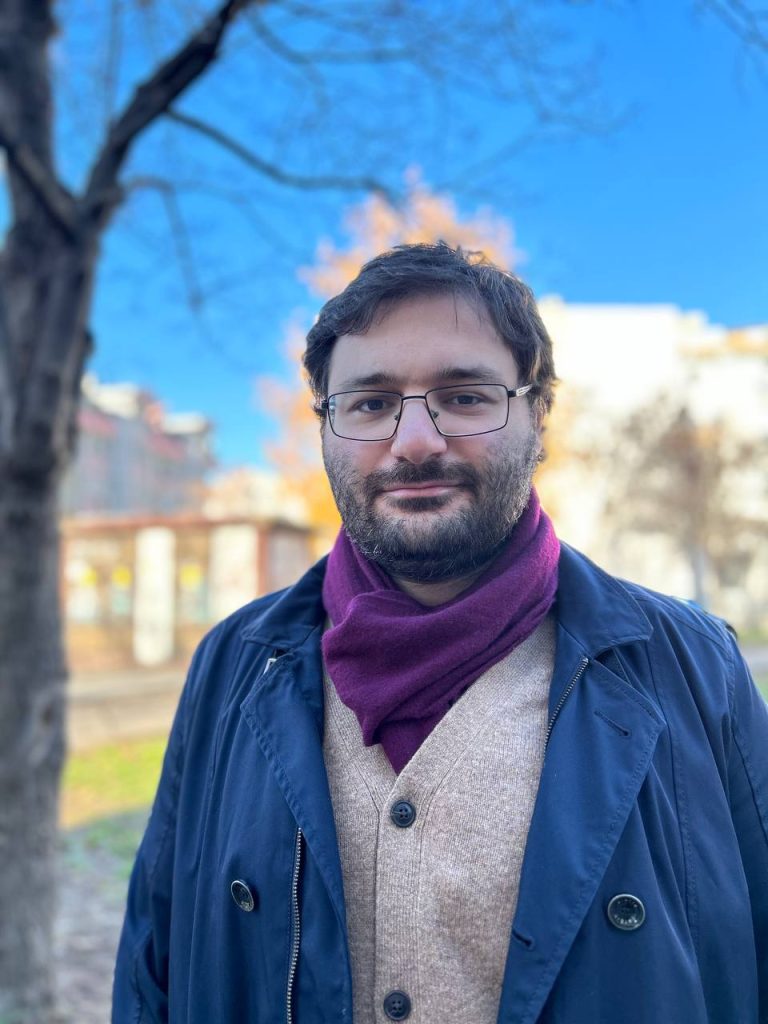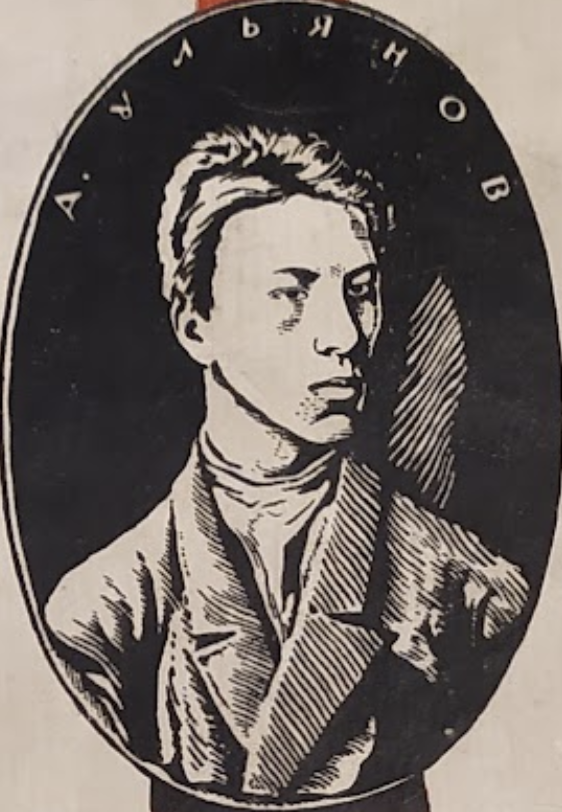My name is Nikolay Sarkisyan, a historian by profession, although my academic and professional journey has been anything but linear. I have actively pursued

research interests across a wide variety of disciplines, including nation and nationalism studies, Russian political governance, as well as the historical sociology of the Russian Empire and the Soviet Union. At present, my attention is focused on the history of Soviet historical-revolutionary museums. I have held the position of a Marie Curie Postdoctoral Fellow at the Faculty of Modern and Medieval Languages at the University of Oxford, where I am now a visiting scholar.
An article about protomuseums of revolution, devised by the Russian revolutionaries in emmigration in Europe in late 19th – early 20th centuries, will soon be out in Revolutionary Russia! Once it is out, I will publish a link here. In addition, a paper about non-party socialism and the role non-Bolsheviks played in the formation of the early Soviet historical memory will be out in an edited volume from Black Rose Books.
My academic journey began in 2012 when I graduated from the Faculty of History at the St. Petersburg State University. This was followed by my attainment of an MA in Sociology from the European University at St. Petersburg in 2014.
From 2014 to 2017, I was employed in two museums in St. Petersburg — “Smolny” and the State Museum of Political History of Russia (GMPIR). “Smolny”, formerly a branch of the Lenin Museum, houses Lenin’s 1917 office and the apartments where he lived before and during 1917. For several months, I managed one of Lenin’s apartments (located at 52 Lenin Street, St. Petersburg), followed by a similar tenure in the Smolny building, providing guided tours. The main exhibitions at Smolny centred around the 1917 October revolution and the first Soviet government. My work also extended to the GMPIR, which was previously the city branch of the Soviet Museum of the Revolution. I served as a tour guide and museum educator, conducting tours on a wide array of topics regarding Russian and Soviet history for adults, and held classes for school-aged children. In 2016, I curated an exhibition on Nikolay Yassievich, a Leningrad artist from the 1930s.
In 2017, I embarked on a PhD at the University of Oslo, where I undertook a thesis exploring contemporary Russian nationalities policy. I have investigated the rise of the tolerance discourse in Russia during the 2000s, along with its implications for the governance of nationalities policy.
